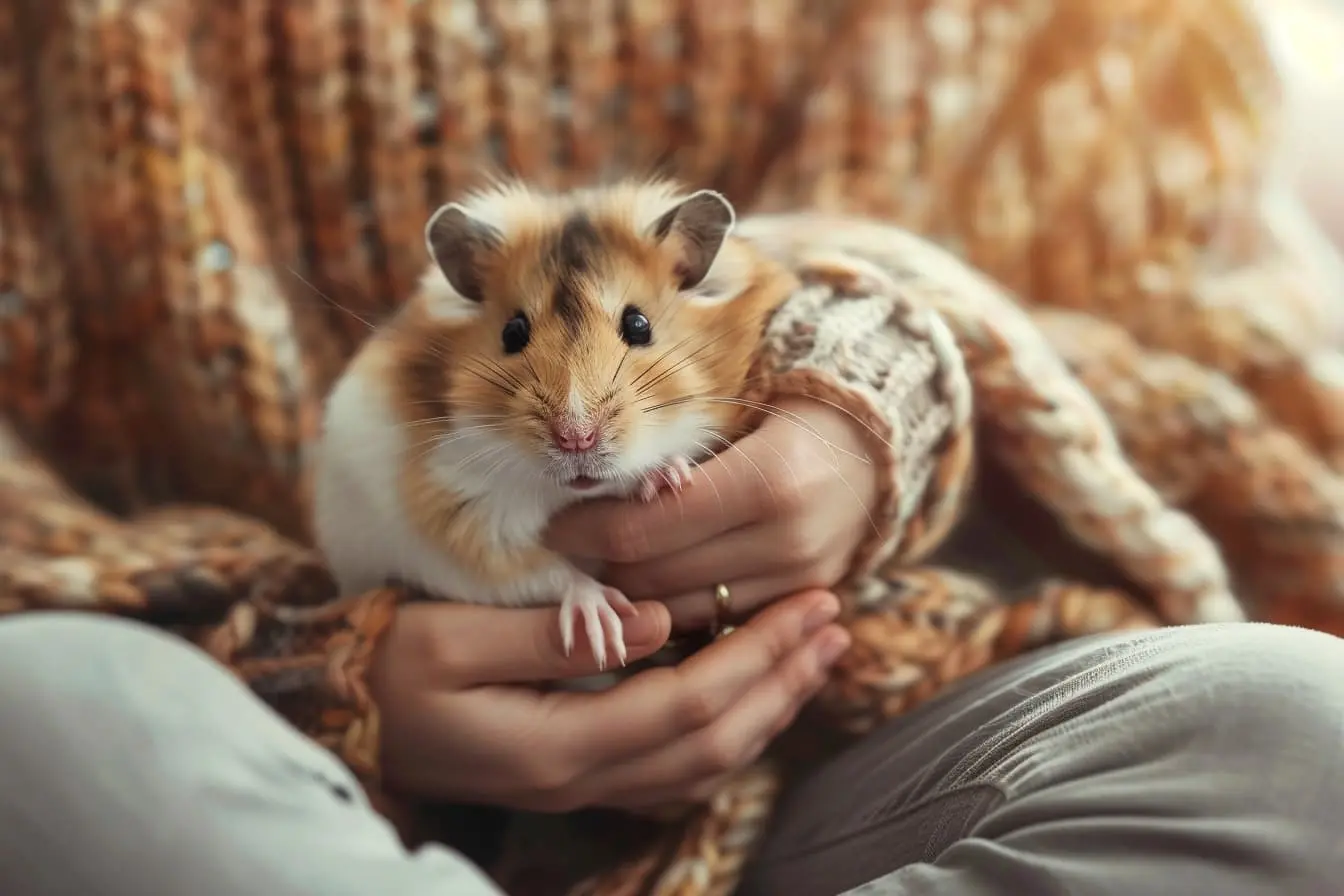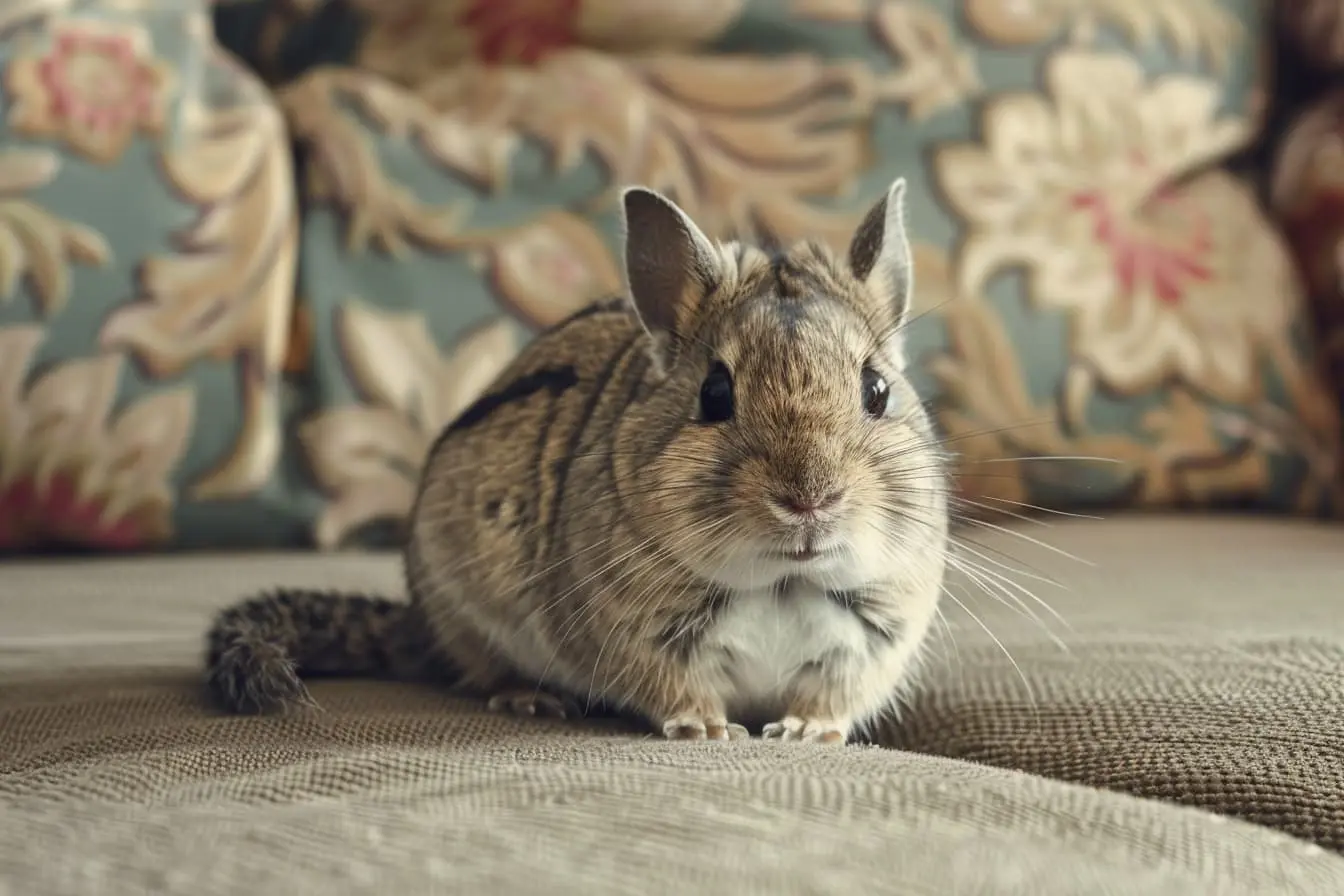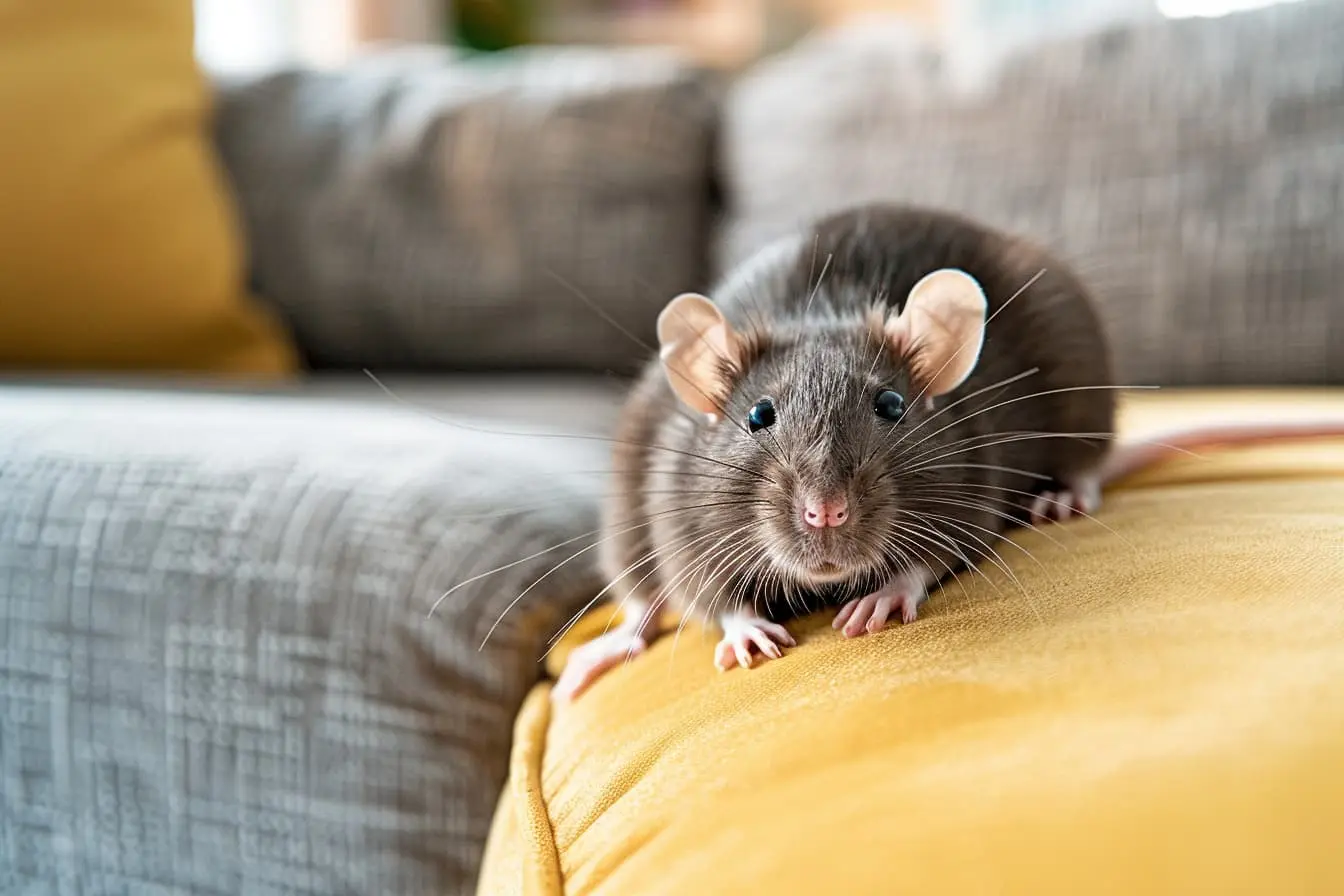
A Beginner's Guide to Hamster Care: Essentials for New Owners
Welcome to the delightful world of hamsters! These small, charming creatures can bring a lot of joy and companionship into your life. However, becoming a new hamster owner comes with responsibilities. To ensure your new furry friend lives a happy, healthy life, there are several important aspects to consider and prepare before bringing them home. This guide will walk you through everything you need to know to provide the best care for your new pet.
Choosing the Right Hamster
First and foremost, decide which type of hamster suits your lifestyle best. The most common species are Syrian hamsters, which are solitary and need to live alone, and Dwarf hamsters, which can live in pairs if introduced properly. Remember, each hamster has a unique personality, so spend some time observing them before making your choice.
The Essentials
Before your hamster arrives, make sure you have the following essentials:
- Habitat: A spacious cage is crucial. It should be at least 80cm long and 50cm wide for Syrians, and slightly smaller for Dwarfs. Ensure the cage has a secure lid, as hamsters are skilled escape artists.
- Bedding: Opt for paper-based or aspen bedding. Avoid pine or cedar wood shavings, as they can cause respiratory issues.
- Food and Water: Invest in a good quality hamster mix and a water bottle. Supplement their diet with fresh fruits and vegetables in moderation.
- Wheel: A silent, solid-surface wheel is essential for their exercise and well-being. Make sure it's the appropriate size for your hamster to run without arching their back.
- Hideouts and Toys: Hamsters need places to hide and objects to chew on to keep their teeth healthy. Offer a variety of toys and tunnels to keep them entertained and active.
Setting Up Their Home
Position the cage in a quiet, draught-free area away from direct sunlight and extreme temperatures. Inside the cage, create a deep layer of bedding for burrowing, place the wheel, food bowl, and water bottle, and arrange the hideouts and toys.
Bringing Your Hamster Home
When you first bring your hamster home, give them a few days to adjust to their new environment without trying to handle them. This will reduce stress and allow them to feel safe in their new home.
Daily Care and Handling
- Feeding: Once a day, preferably in the evening when they are most active. Remove uneaten fresh food to prevent spoilage.
- Cleaning: Spot-clean the cage daily and do a full clean weekly. Gradually replace old bedding with new to retain familiar scents.
- Handling: Approach your hamster gently and never wake them up to handle them. Allow them to come to you and scoop them up with both hands.
Health and Well-being
Keep an eye out for signs of illness, such as lethargy, changes in eating or drinking habits, and unusual behaviour. Regularly check their cage for hazards and ensure they have plenty of opportunities for exercise and mental stimulation.
Final Thoughts
Owning a hamster is a rewarding experience that requires dedication and love. By providing a safe, comfortable environment and attentive care, you'll ensure your hamster leads a happy, healthy life. Welcome to the wonderful journey of pet ownership!
Vets near you
Speciality vets
- Aquatics vet specialists
- Birds vet specialists
- Camelids vet specialists
- Cats vet specialists
- Cattle vet specialists
- Deer vet specialists
- Dogs vet specialists
- Equines vet specialists
- Exotic vet specialists
- Goats vet specialists
- Pigs vet specialists
- Poultry vet specialists
- Sheep vet specialists
- Small Mammals vet specialists
- Wild vet specialists
Vet facilities
- Accessible by public transport
- Blood testing
- Car park nearby
- Client car park
- Dentistry
- Diagnostic imaging
- Disabled public access
- Flea and worm treatments
- Microchipping
- Mobile services
- Neutering
- Open at weekends
- Out-of-hours service
- Referral interests
- Referrals only
- Street parking outside
- Toilets available
- Vaccinations



